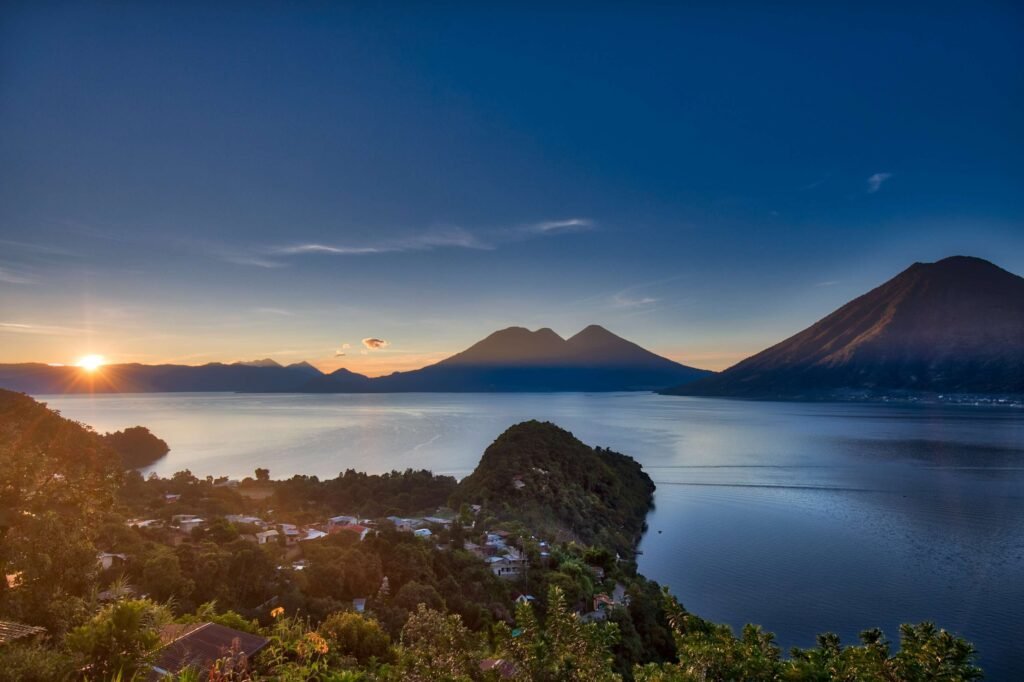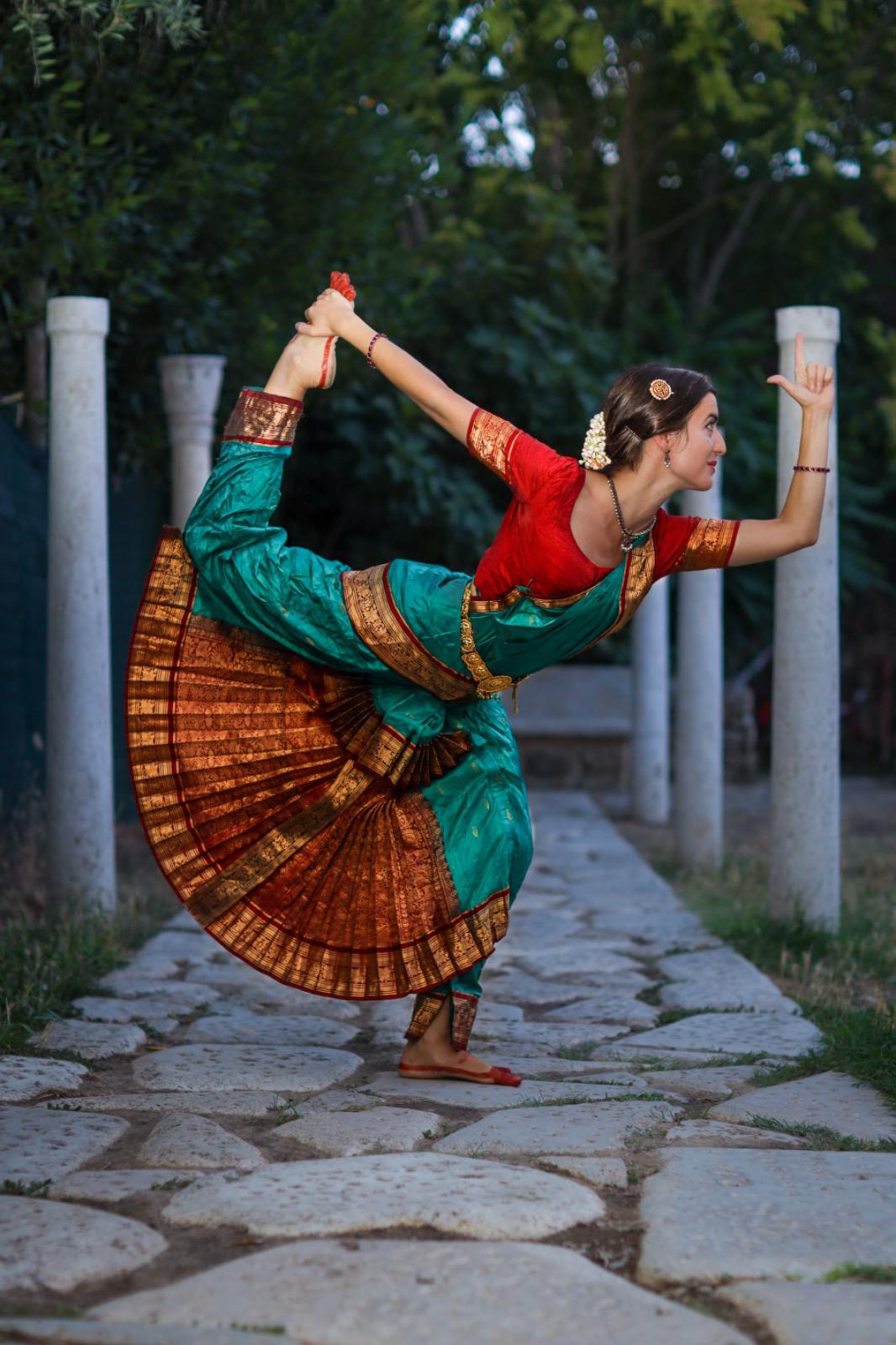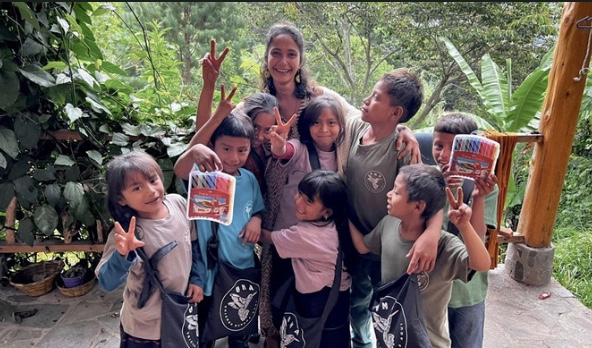Discover the 5 Enchanting Wonders: Guatemala vs Venezuela Tourism Showdown
When wanderlust strikes, the heart often seeks destinations rich in diversity and brimming with the opportunity to create lifelong memories. Two such remarkable places, Guatemala and Venezuela, offer unique experiences for the avid traveler, each distinct in its offerings and allure. The question for explorers is not whether to journey, but where to venture first on their quest for adventure and cultural enrichment.
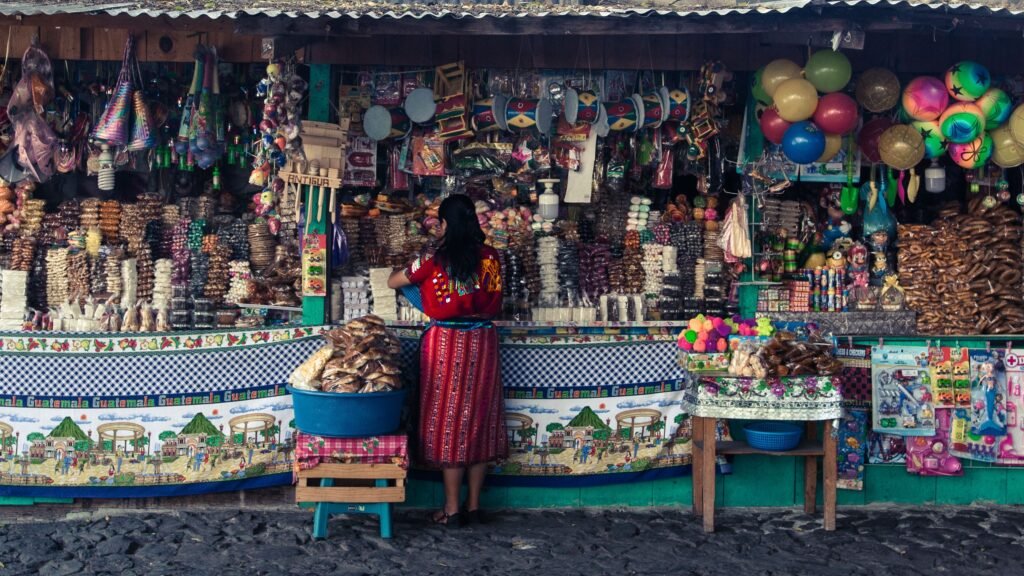
Guatemala’s Rich Heritage: Ancient Ruins and Vibrant Cultures
Guatemala’s rich heritage is a colorful mosaic that paints a vivid picture of its ancient past and bustling present. The country is steeped in the history of the Maya civilization, which has left an indelible mark on the land with its magnificent ruins and archeological sites. Visitors from around the world are drawn to Guatemala to experience the echoes of these ancient cultures, to wander through the remnants of temples and palaces, and to immerse themselves in the living traditions that still hold sway in the nation’s culture. Contemporary Guatemala is equally captivating, with its vibrant markets, rich textiles, and dynamic urban environments that merge the historical and modern aspects of its culture to create a truly unique atmosphere.
Exploring the Mayan Mystique: Tikal and Beyond
Behold the ruins of Tikal, where towering pyramids pierce the canopy of the dense rainforest, revealing a world where time stands still. The silence of the centuries-old stones, interspersed with the calls of the wild, transports one to an era of grandeur. Beyond Tikal, myriad other ruins dot the country, each offering its narratives and mysteries, inviting the zealous traveler to delve into the lore of a bygone epoch.
Guatemala City: A Modern Hub Steeped in History
Guatemala City, the country’s sprawling capital, presents a different kind of enchantment. Amidst the modern bustle, remnants of colonial architecture and indigenous markets coexist with urban sophistication. Here, one can traverse through various eras within mere blocks, embracing the city’s multifaceted nature.
Venezuela’s Natural Splendor: From Angel Falls to Los Roques
Venezuela, in contrast, seduces the eyes with its riveting natural vistas. The land is a patchwork quilt of ecosystems, ranging from the steamy Amazon rainforest to the idyllic Caribbean coastline.
The Majestic Beauty of Canaima National Park
Canaima National Park stands as a true testament to Venezuela’s breathtaking natural heritage. This UNESCO World Heritage site is not just home to Angel Falls, the highest waterfall on Earth, but also an array of stunning landscapes that showcase the country’s geological diversity. Travelers are mesmerized by the park’s expansive savannas, immense tepuis, and lush rainforests teeming with unique flora and fauna. Here, the adventurous can embark on river expeditions, trek through uncharted jungle paths, and marvel at panoramic views that stretch across horizons. The majestic beauty of Canaima is a cornerstone of Venezuela’s appeal, drawing nature enthusiasts and photographers alike to witness its splendors firsthand.
Caribbean Paradise: Unwinding in the Archipelago
For those dreaming of sun-kissed leisure, the Los Roques archipelago awaits with open arms. The cerulean waters and pristine sands offer an escape into a tranquil paradise, where the harmony of nature’s serenade is the only interruption.
Culinary Journeys: Savoring Local Flavors in Guatemala and Venezuela
The culinary journeys in Guatemala and Venezuela are an integral part of the travel experience, highlighting the rich gastronomy that captures the essence of each country’s culture. Guatemalan cuisine offers a tapestry of flavors influenced by its indigenous and Spanish heritage, featuring dishes packed with distinctive spices and hearty ingredients. In contrast, Venezuelan gastronomy delights with its vibrant Caribbean zest, including a rich array of tropical fruits, savory meats, and seafood. Both countries present an opportunity for tourists to connect with local traditions and regional specialties through taste. From street vendors to high-end restaurants, Guatemala and Venezuela provide a feast for the senses that will leave food aficionados with an enduring taste of their cultural richness.
Guatemala’s Gastronomic Delights: A Blend of Traditions
In Guatemala, foods such as pepian and tamales carry the legacy of Mayan recipes with Spanish influences, presenting a flavorful amalgamation that tells stories of cultural fusion.
Venezuela’s Culinary Scene: A Taste of Tropical Diversity
Venezuela counters with its unique flavors, notable in dishes such as arepas and pabellón criollo. Here, the meals are not just nourishment but a celebration of the bountiful tropical produce and diverse culinary heritage.
Accommodations Compared: Lodging Options for Every Traveler
Boutique Retreats vs. Eco-Lodges: Finding Your Perfect Stay
Guatemala’s boutique retreats offer personalized experiences, while eco-lodges immerse guests in nature’s heart. The choice is an embrace of personalization or environmental connection.
City Hotels and Coastal Resorts: Comfort and Convenience
Venezuela’s city hotels provide urban accessibility, with luxurious coastal resorts allowing for indulgent relaxation. Here, comfort converges with the convenience of location.
Adventure Awaits: Comparing Outdoor Experiences
Guatemala’s Volcanoes and Lakes: A Hiker’s Paradise
The highlands of Guatemala offer hikers a dream with their towering volcanoes and the serene beauty of Lake Atitlán, framed by verdant hills and quaint villages.
Venezuela’s Diverse Landscapes: Adventures in the Great Outdoors
Venezuela’s varied topography, from the Gran Sabana to Andean peaks, provides a range of outdoor adventures. Whether trekking through rugged terrain or exploring the depth of coastal waters, nature’s playground is vast and inviting.
Whether drawn to the echoes of ancient civilizations or the calling of wild, untamed nature, Guatemala and Venezuela stand poised to fulfill the dreams of every traveler. The decision lies not in the question of which one is superior but in which adventure calls to the soul most ardently. The true spirit of travel is embracing each destination’s uniqueness, and in this showdown of tourism titans, there are no losers, only different paths to unforgettable experiences.
FAQ: Questions and Answers of Guatemala vs Venezuela tourism
What is Venezuela known for?
Can Venezuelans travel to the US right now?
As of the last update before my knowledge cutoff in March 2023, Venezuelans could travel to the United States provided they meet the entry requirements imposed by the U.S. government. This includes having a valid visa unless they qualify for visa exemption under specific programs, which are rare for Venezuelan nationals. The political and economic situation in Venezuela, along with diplomatic relations between the two countries, influences visa restrictions and availability. Additionally, the COVID-19 pandemic has affected travel regulations globally, and travelers are advised to check the latest guidelines from the U.S. Department of State and the Centers for Disease Control and Prevention (CDC) for any travel advisories or entry requirements related to public health concerns.
Is Venezuela part of the Caribbean?
Geographically, Venezuela is located on the northern coast of South America and is not part of the Caribbean islands. However, it has a significant Caribbean coastline and is culturally and historically linked to the Caribbean region. Venezuela’s proximity to the Caribbean Sea has influenced its culture, cuisine, and trade. The Venezuelans share musical, culinary, and historical ties with Caribbean nations. Moreover, the country has several islands that are part of the Lesser Antilles, such as Margarita and Los Roques, which are often considered as part of the Caribbean due to their geographical location and tropical climate.
What are the neighboring countries of Venezuela?
Venezuela is bordered by Colombia to the west, Brazil to the south, and Guyana to the east. Additionally, Venezuela shares maritime boundaries with Aruba, Curaçao, and Bonaire to the north, which are part of the Kingdom of the Netherlands. The country’s diverse geography includes the Andes Mountains in the northwest and part of the Amazon Basin in the south. This variety of borders and geographic features has led to a rich blend of cultural influences and significant geopolitical interactions with its neighboring nations, ranging from trade and migration to diplomatic relations and territorial disputes, such as the long-standing controversy over the Essequibo region claimed by both Guyana and Venezuela.
How has the Venezuelan economy been impacted by its oil reserves?
What are the main environmental issues faced by Venezuela?
Venezuela faces several environmental challenges, including deforestation, soil degradation, water pollution, loss of biodiversity, and urban issues. The expansion of agricultural land, illegal mining activities, and oil spills have led to the deforestation of parts of the Amazon rainforest within its borders and pollution of waterways, affecting both the local ecosystems and indigenous communities. Additionally, urban sprawl in cities like Caracas has led to traffic congestion and air pollution, while inadequate waste management has resulted in littering and impacts on public health.
What is the political system of Venezuela?
Venezuela is officially a federal presidential republic. The political system is based on the executive branch, led by the president, who is both the head of state and government. The president exerts significant influence over the legislative, judicial, and electoral branches. The National Assembly is the legislative body, though its authority has been contested by the establishment of the National Constituent Assembly by President Nicolás Maduro. Political tensions have led to international scrutiny, allegations of authoritarianism, and concerns about human rights and the integrity of democratic processes.
What are some traditional Venezuelan festivals?
Summary of Guatemala vs Venezuela tourism
In this spirited exploration of Guatemala and Venezuela’s tourism offerings, we’ve embarked on a thrilling journey through both countries’ remarkable landscapes, rich cultures, and indulgent culinary scenes. From Guatemala’s ancient Mayan ruins and bustling, history-laden Guatemala City to Venezuela’s awe-inspiring Angel Falls and idyllic Caribbean islands, each destination boasts its own unique allure.
We delved into the deep-rooted traditions that define Guatemala’s flavorful dishes, as well as the exotic taste profiles that make Venezuela’s cuisine a sumptuous feast for the senses. The comparison of accommodations revealed an array of inviting options, whether you’re seeking the personalized charm of boutique retreats, the immersion of eco-lodges, or the full amenities of city hotels and coastal resorts.
Adventure seekers were not left wanting, with Guatemala’s inviting volcanoes and lakes offering a haven for hikers, while Venezuela’s diverse terrains promise exhilarating exploits in its untamed natural environment.
Whether captivated by the cultural richness of Guatemala or drawn to the untamed beauty of Venezuela, this showdown has illustrated that both countries are more than worthy of a spot on any traveler’s bucket list. The hardest decision may just be which to visit first. No matter where your travel compass points, unforgettable experiences await in these two enchanting corners of the world.
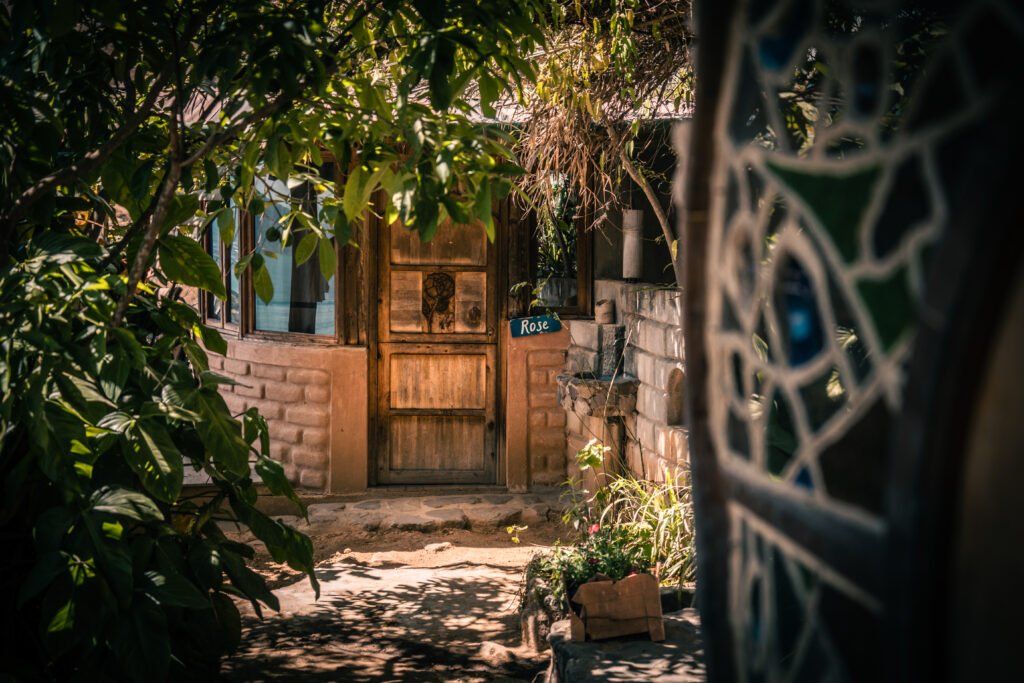
Looking for a place to stay? At Eagles Nest Atitlan we offer all inclusive rooms. Take advantage of the yoga classes, delicious traditional food, and breathtaking views that are at your disposal. Book here.

